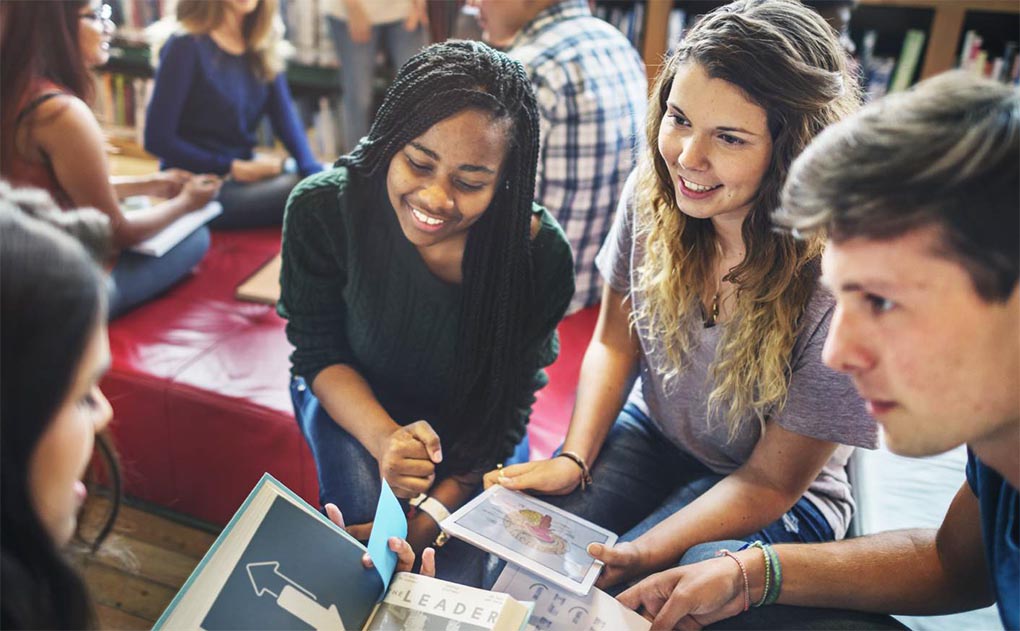IP IN EDUCATION
The Intellectual Property (IP) in Education project aims to bring intellectual property rights closer to classrooms by enhancing the creativity, innovation and entrepreneurship of young Europeans. In 2018, one year after the start of the project, the Education Council of the European Union gave recommendations to include IP and IP-related matters in the key competences that Europeans should acquire throughout their education, and in its conclusions, the Council also recognised the work of the EUIPO in this area.
The Intellectual Property (IP) in Education project aims to bring intellectual property rights closer to classrooms by enhancing the creativity, innovation and entrepreneurship of young Europeans. In 2018, one year after the start of the project, the Education Council of the European Union gave recommendations to include IP and IP-related matters in the key competences that Europeans should acquire throughout their education, and in its conclusions, the Council also recognised the work of the EUIPO in this area.
The main tool for the EUIPO to help the education community translate the high level political recommendations into practice is the IP Awareness day, called Ideas Powered@School, which is a compilation of age appropriate activities and lessons kits, including dedicated teacher training, tested notably in the European School of Alicante. The objective is to implement this day in all schools in the EU and beyond.
The main vehicle for such implementation is the IP in Education network which is made up of the Ministries of Education and the National IP Offices. By exchanging experiences, knowledge and networks, they help to apply through national curricula and school activities the Council’s recommendations related to IP in key competences under the EUIPO guidance.

Here are the Key Competences for Lifelong learning related to IP, as recommended by the Educational Council of the EU.
‘...to acquire information in intellectual property related questions...’
Digital competence involves the confident, critical and responsible use of, and engagement with, digital technologies for learning, at work, and for participation in society. It includes information and data literacy, communication and collaboration, media literacy, digital content creation (including programming), safety (including digital well-being and competences related to cybersecurity), intellectual property related questions, problem solving and critical thinking.
.
‘...act as responsible citizens...’
Civic competence is the ability to act as responsible citizens and to fully participate in civic and social life, based on understanding of social, economic and political concepts and structures, as well as global developments and sustainability.
.
‘...know how to transform ideas into values for others...’
Entrepreneurship competence refers to the capacity to act upon opportunities and ideas, and to transform them into values for others. It is founded upon creativity, critical thinking and problem solving (…). They should also be aware of ethical principles.
.
‘...develop an ethical and responsible approach to intellectual ownership...’
Competence in cultural awareness and expression involves having an understanding of and respect for how ideas and meaning are creatively expressed and communicated in different cultures and through a range of arts and other cultural forms. It is important to have an open attitude towards, and respect for, diversity of cultural expression together with an ethical and responsible approach to intellectual and cultural ownership.

